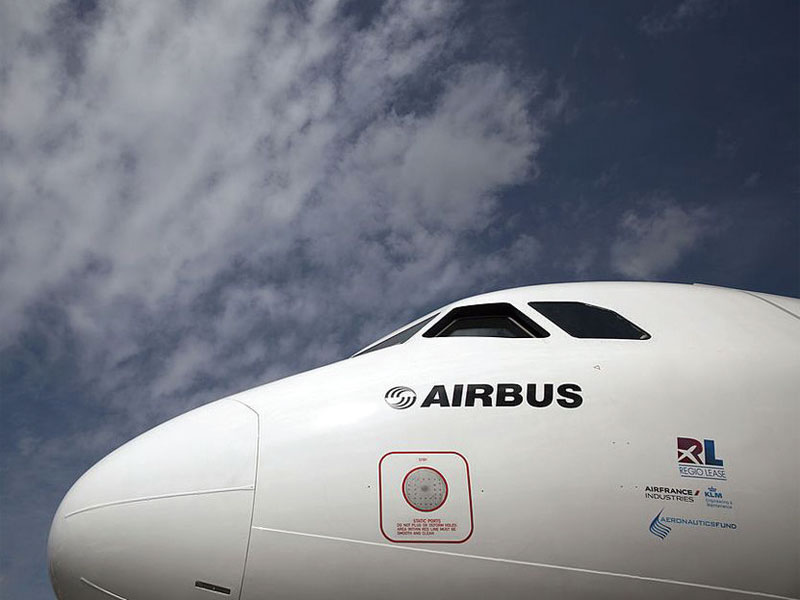Page 1: Tariff Threat
Page 2: French Online Tariff Issue
Days after President Donald Trump chalked up a supposed victory in the United States-China trade dispute the president announced he was seeking a trade deal with the European Union and threatened the EU with automobile tariffs if he couldn’t get an agreement soon. Apparently, Trump likes his negotiating partners back on their heels at onset of negotiations.
If the China Phase One agreement is any indication, the administration will be pressing for a quick win that won’t necessarily address any of the deeper issues that divide the parties. Meanwhile, there are two other ongoing trade disputes involving Europe, one which soon may be resolved and the other that is just getting started.

The long-simmering dispute over Airbus and Boeing government subsidies neared a crescendo last October, when the World Trade Organization (WTO) cleared the way for the US to impose tariffs on $7.5 billion of European imports. The US is also considering tariffs on imports from France in retaliation for a new French levy which taxes revenue from firms that conduct online activity in that country.
In the 15-year EU-US dispute over jetliners, the WTO ruled in separate cases in 2010 that European subsidies to Airbus, in the form of government loans and export subsidies, violated WTO rules, and also ordered the US to stop illegal subsidies to Boeing. After mutual unsuccessful appeals, the EU claimed in 2011 that it had withdrawn all subsidies. The US made the same claim in 2012, and both contested each other’s claims of compliance.
Tariff Threats
In 2018, the WTO ruled that the EU failed to halt sweetheart loans to Airbus, and authorized the U.S. in 2019 to impose retaliatory tariffs. Also last year, the WTO Appellate Body ruled that U.S. still had one illegal subsidy in place—a Washington State tax break for Boeing that Airbus claims is causing $15 billion in annual harm. A ruling authorizing the EU to impose sanctions on the US may come in the next few weeks.
The US hit EU aircraft, apparel, liquor, machinery, and food with tariffs of 10% to 25% in October. The US Trade Representative recently concluded a public comment period on raising those tariff rates to as much as 100% on some products.
“Since the WTO approved the tariffs, other countries cannot retaliate against the US for imposing them,” noted Jacqueline Varas, director of trade policy at the American Action Forum, a center-right 501(c)(3) think tank based in Washington. That makes the Airbus-related tariffs different than the president’s unilateral tariffs on Chinese goods and on steel and aluminum, or, for that matter, on European cars, should those ever come about.
“The tariffs on food, Scotch, and other products are to bring the penalties on the EU up to the total amount of harm caused by its subsidies,” Varas added, “unfortunately, by taxing Americans who purchase European goods.”

On the other side of the ledger, if the WTO rules in the EU’s favor this year, the US could face tariffs from the EU over Boeing, pointing to a potential negotiated resolution to both cases. “The best outcome,” said Varas, “would be if the tariffs push the US and the EU to resolve their outstanding subsidy claims, and to come to an agreement that prevents any future sanctions.”




